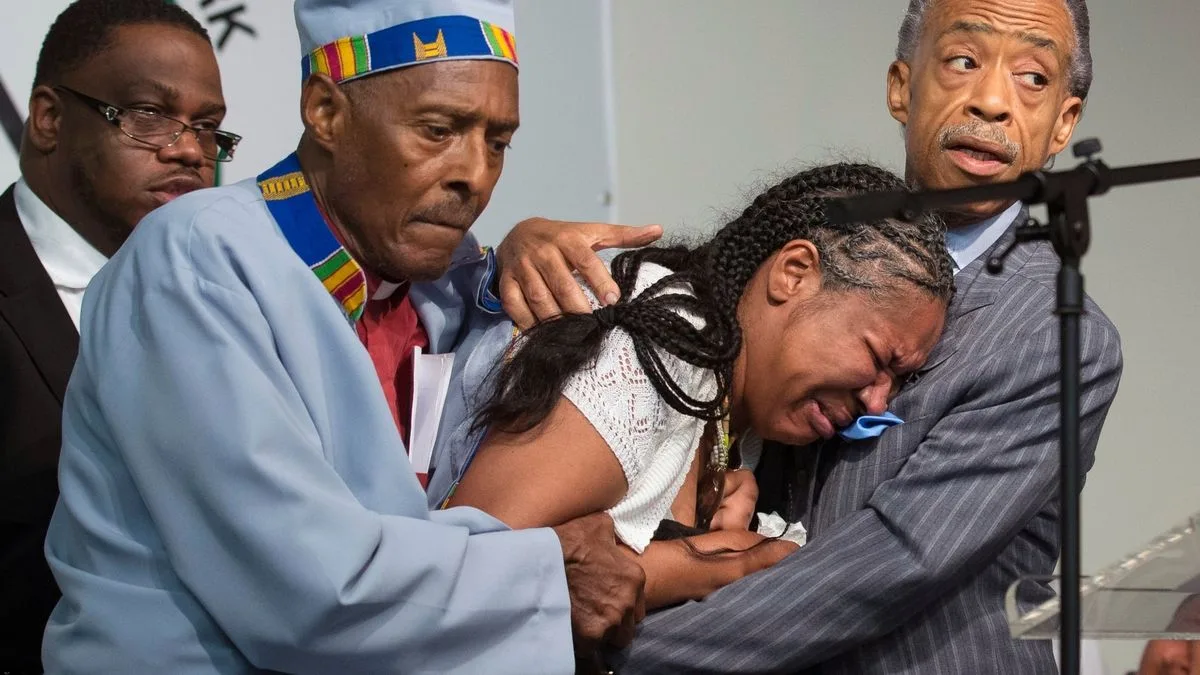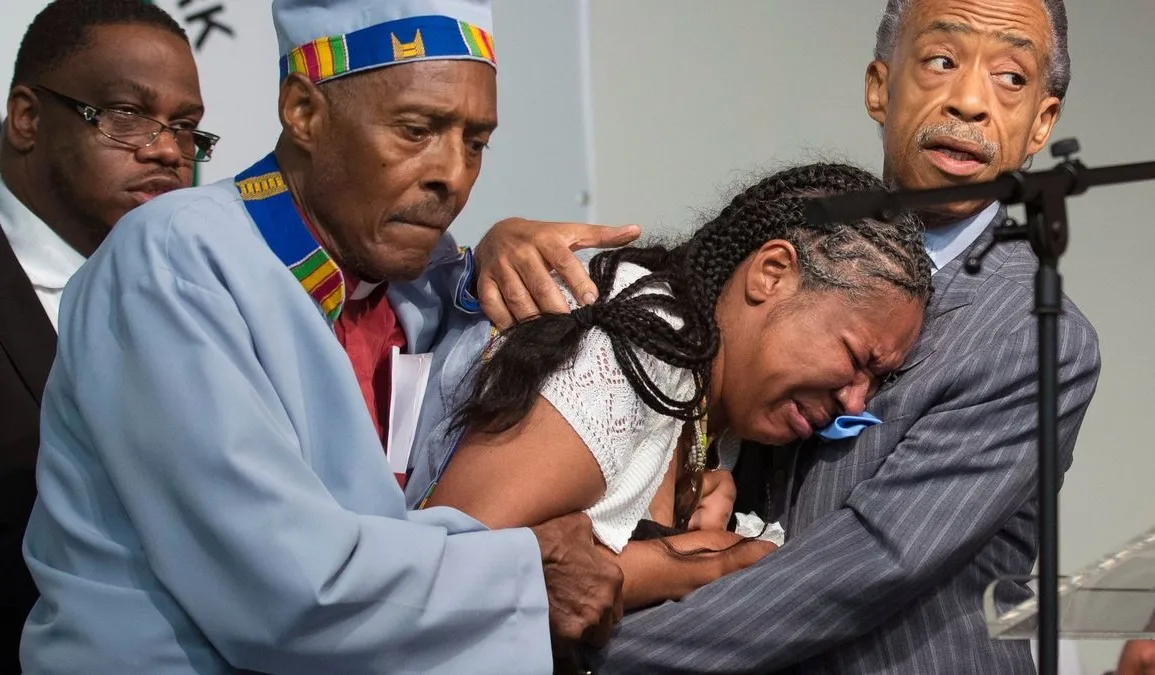
Two groundbreaking studies published in JAMA Internal Medicine have underscored the health implications of police violence on Black Americans, revealing a disturbing pattern of sleep disturbances and racial disparity in the injuries related to the use of Tasers.
Police Violence and Sleep Disturbances
The first study, a comprehensive analysis of over two million responses from large government surveys conducted between 2013 and 2019, connects police-involved killings of unarmed Black individuals to sleep disturbances among Black Americans. Notably, these disturbances, characterized by fewer than six hours of sleep, were particularly pronounced in the six months following such killings. The study took into account high-profile cases such as those of Eric Garner and Tamir Rice, alongside lesser-known incidents. The result was a stark 11.4% increase in reports of very short sleep among Black respondents after prominent police-involved deaths, and a 6.5% increase when the death occurred in the same state as the respondent.
Racial Disparity in Taser-Related Injuries
The second study offers the first comprehensive national analysis of injuries resulting from Taser use by police, using data from emergency departments. The findings were significant: nearly 36% of those injured by Tasers were Black. This figure is disproportionately high compared to their representation of 13.6% in the U.S. population. In contrast, White individuals accounted for 39% of the injuries, with Hispanic and other racial groups making up the remainder. This study underscores the necessity of proper law enforcement training to minimize the risk of long-term injury from Taser use.
Unveiling the Health Impact of Police Violence on Black Americans
These two studies thus bring to light the far-reaching health impacts of police violence on Black Americans, spanning from the realm of sleep to physical injuries. By revealing the disproportionate burden borne by Black Americans in the wake of police-involved killings and in incidents of Taser use, they shed light on the often overlooked aspects of police violence and its repercussions. The studies underscore the urgent need for measures to not only prevent such incidents but also to address their aftermath, particularly in terms of the health outcomes for Black Americans.


